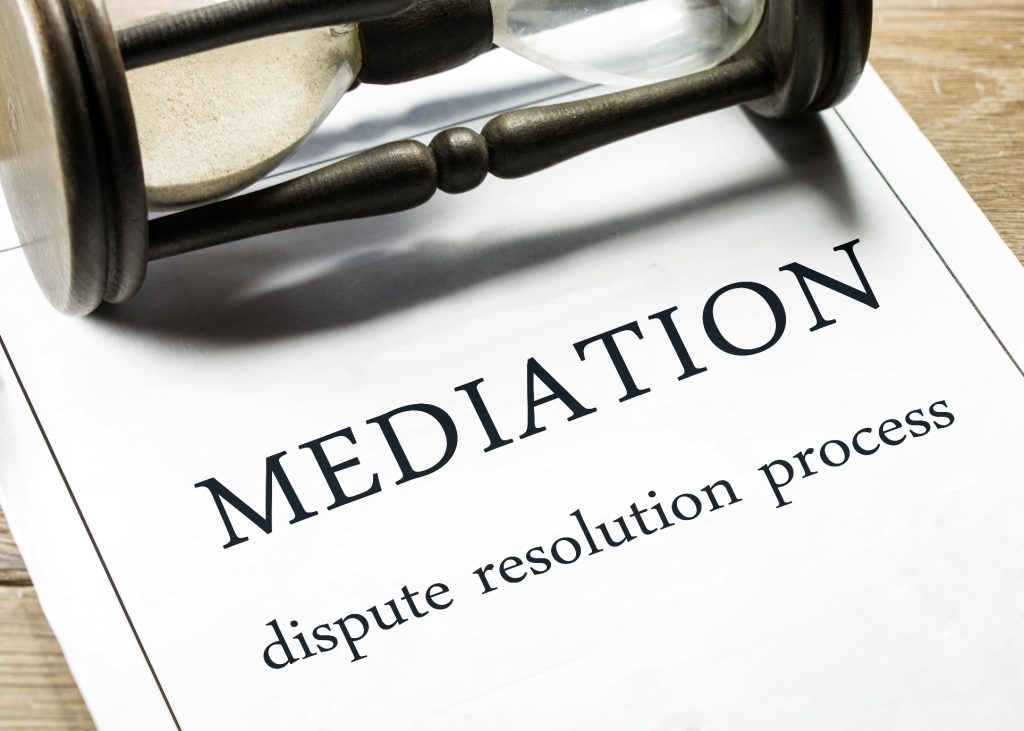Over the last half-decade, Saudi Arabia has proven to be a lucrative investment destination for international investors. This is credited to the government’s decision to open up four burgeoning industries (real estate, recruitment, and employment services, audiovisual and media services, as well as land transport services) to foreign direct investments (FDI).
According to data from a report by the Saudi Arabian General Investment Authority,
new foreign investor licenses rose by 85% in the first half of 2019, demonstrating how the nation has opened up to FDI. These investments have come from investors from many nations, such as the USA, France, China, India, Egypt, and many others.
The investment opportunities in Saudi Arabia are many and are undoubtedly lucrative. However, it is crucial, primarily when investing in foreign nations, to familiarize yourself with relevant laws, regulations, and compliance requirements. This will safeguard your investment from unnecessary risk.
One of the critical areas to understand before applying for contracts in Saudi Arabia is their laws
What Are Liquidated Damages?
Contracts are an integral aspect of business transactions. They highlight the parties transacting, services to be rendered, and payment details. Such details bring transparency in business and help avoid or resolve issues that may arise as well as protect the rights of both parties.
Even still, complications may arise, and some disputes may occur as one party may fail to honor their obligations. When this happens, it can cause inconveniences and even financial loss for the other party’s business, which warrants compensation. This is why contracts have a liquidation damages clause that offers protection in case there is a breach of contract.
Usually, compensation clauses highlight specific types of breach and the damages that can be recovered for that breach. They are especially useful when ascertaining the value of damages is difficult. Liquidated damages clauses are standard in construction contracts for when work is not completed on time.
Liquidated Damages in Saudi Arabia
With exception to government contracts which are under the Government Tenders and Procurement law, contract disputes are resolved using Sharia (classic law) as Saudi Arabia does not have any other form of contract law. Nonetheless, Saudi courts recognize the right for compensation and delay penalty clauses concerning liquidation damages as per Sharia (classic law).
Sharia rules requires that each party should honor their contract ( O ye who believe fulfill your contracts “ obligations”) [1] , and courts will honor the contract in case of claim for compensation based on a liquidated damages clause within the contract.
However, Saudi courts when reviewing the compensation claim, will apply the tripartite theory, of the fault, harm, and casual relation when determining such matters. If the claimant could not prove the fault or wrong from the respondent or the actual harm, then the court will not automatically grant him the compensation under the liquidated damages clause.
The Issue of Fairness and Contractual Certainty
Under Sharia rules, the matter of fair compensation is taken with great seriousness, the court will make sure that the value of compensation listed in a liquidated damages clause is fair and accurate. Even if the other party has breached the contract, you do not have any justification for requesting exorbitant compensation.
If compensation claims are not in line with the actual value of the damages incurred, the court is likely to adjust the compensation amount under the liquidation damages clause to meet actual and direct damages. Saudi courts only recognize actual and direct damages when considering, as such, loss of future income or other consequential damages and indirect damages that may result from the breach of contract do not qualify for compensation.
As per Sharia rules each party in a contract must have perfect knowledge of the terms indicated therein regarding the transaction and obligations for the same. The terms should be clearly stipulated within the contract. Therefore, for a contract to be enforceable, it must have clear agreements and clauses that do not leave anything to doubt. Anything that leaves room for speculation brings contradiction, or uncertainty will make the contract unenforceable in a Saudi Arabian court.
A contractor can have the right to negotiate a liquidated damages clause to protect himself from any delay of payments by the employer. However, when drafting such clause, one must pay attention to a major rule under Sharia, which is “riba”, and translates to interest because it is highly condemned. So, Saudi courts will not enforce any liquidated damages clause that contains any indications of payments or receipt of interest such as late payment commission or service charge.
Government Contracts
For organizations servicing contracts for the Saudi Arabia government, the Government Tenders and Procurement Law is supreme and rules of liquidated damages will be applied as per the contract and the law. Of importance are articles 48 and 84.
Article 48 of the Procurement Law 2006
Article 48 states that recipients of services (Government entity) are entitled to fair compensation if the contractor does not fulfill their contractual obligations within the stipulated period.
The article highlights that penalties for supply contract delays should not exceed 6%, of the value of the contract and penalty for any other contract should not be higher than 10%.
Article 84 of the Procurement Law
Article 84 is somewhat a buildup of article 48. In this article, services that are not completed on time are subject to a penalty, which will be based on the average daily cost of the project. However, in line with article 48, the maximum penalty is set at 10% of the contract.
Are Liquidation Clauses Worth It?
In general, contracts are used to ensure that the terms of a transaction are clear and can be verified if need be to avoid unnecessary conflicts. However, due to laxity or other unforeseen circumstances, one party may be unable to fulfill their contractual requirements.
In that case, compensation to the other party for delay in performance or damages is only fair. The determination of fair compensation after a breach of contract can be challenging. Liquidation clauses eliminate such complications as the appropriate compensation for foreseeable breaches is included in the contract, provided such clause is fair and for direct and actual damages.
Ensuring Your Liquidation Damages Clause is Enforceable
Any minor infringement of Sharia contract rules or lack of clarity of terms can render a liquidation damages clause unenforceable in Saudi Arabian courts. In order to avoid such risks, it is crucial to work with a lawyer well versed in the same to ensure that contract terms are in line with Sharia guidelines.
Hammad and Al-Mehdar is a leading law firm in Saudi Arabia that offers international-standard corporate legal services. Want to expand your investment portfolio into Saudi Arabia? Reach out to us for all your corporate legal needs.







